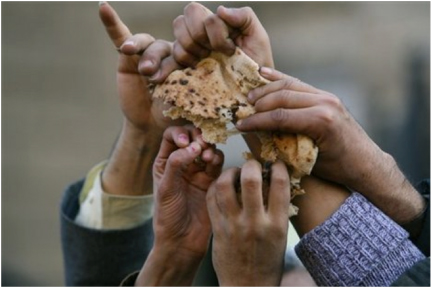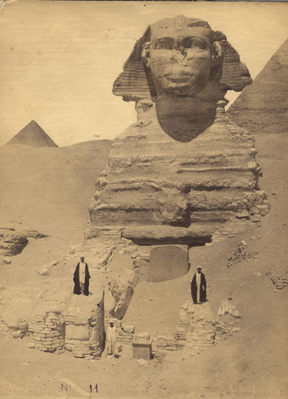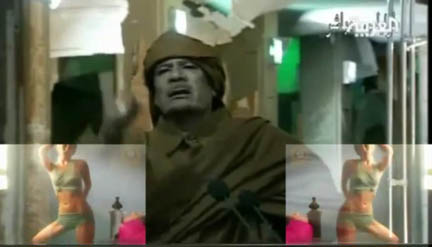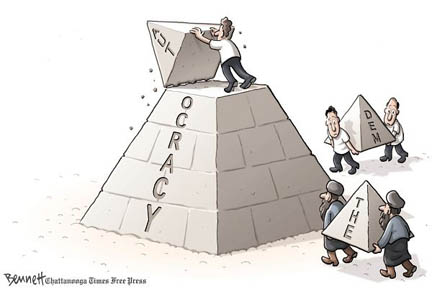
by el-Sayed el-Aswad, United Arab Emirates University
The word “Breadom†is not a spelling mistake; rather it is a combination of the words “bread†and “freedom†indicating, respectively, the “body†and “soul†of the Mother of the World (umm ad-duniya, Egypt), which is currently being affected by a novel form of revolt. In the bread uprising of January 18-19, 1977, falsely depicted by Sadat as “the uprising of thieves†(intifada haramiyya), Egyptians, especially the poor, were interested in securing the ‘bread of their livelihood’ (luqmat al-‘aysh), while in the revolt beginning on January 25th, 2011, they showed profound interest in both bread and freedom. The Arabic word “‘aysh†means both “bread†and “life or living.†These two inseparable meanings have made the phrase “‘aysh al-huriyya†(life of freedom) the best iconic gift crafted, engraved and offered, through victorious young Egyptians of victorious Cairo (al-Qahira), in the Freedom Square (Tahrir Square) opening a new chapter of Egyptian (Arab) history.
It is not surprising to hear people in Tahrir Square, directing their chanting to the government and its businessmen, shout forcefully, “thieves, thieves, thieves†(haramiyya). Also, there was a phrase written in huge letters on the ground of Tahrir Square that says “catch a thief†(imsik haramy). Such phrases resonate and reverberate in the Egyptian folk saying, “its guard is its thiefâ€, (hamiha haramiha), with reference to a plundering and deceitful governor. Continue reading Breadom →







